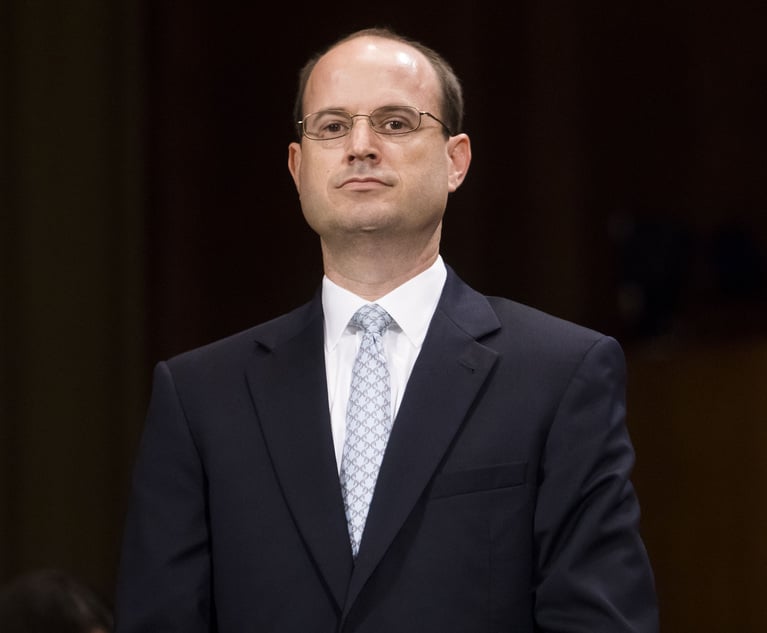On Aug. 28, the U.S. Court of Appeals for the Eleventh Circuit in Salcedo v. Hanna, (D.C. Dkt. No. 0:16-cv-62480-DPG; Appeal No. 17-14077) held that receipt of a single unsolicited text message, sent in violation of the Telephone Consumer Protection Act, is not a concrete injury to establish standing to sue in federal court. The decision is a decisive victory for TCPA call/text defendants in the Eleventh Circuit as it now requires TCPA plaintiffs in that jurisdiction to allege more than the generalized nuisance, trespass, invasion of privacy, etc. harms typically set forth in TCPA complaints. While it now creates a circuit split on Article III standing, thus setting the stage for a re-review of Spokeo v. Robins, the decision has broader implications for TCPA class certification purposes. It should serve as an impediment to class certification as it will require an individualized inquiry into each putative class members’ concrete injury and further creates issues as to the adequacy of the class representative if she suffers divergent harms from other putative class members. Such inquiry is fatal to class certification.
Factual Overview
On Aug. 12, 2016, John Salcedo, a former client of Florida attorney Alex Hanna and his law firm (collectively, Hanna), received a multimedia text message from Hanna offering a 10% discount on his services. Salcedo filed a lawsuit in district court (S.D. Fla.) as the representative of a putative class of former Hanna clients who received unsolicited text messages from Hanna in the past four years, alleging violations of the TCPA. He sought, among other relief, statutory damages of $500/text and treble damages of $1,500/text sent willfully or knowingly.


 Thomas C. Blatchley of Gordon & Rees.
Thomas C. Blatchley of Gordon & Rees.




